Landmark energy relief measure clears Senate with Cunningham support
- Details
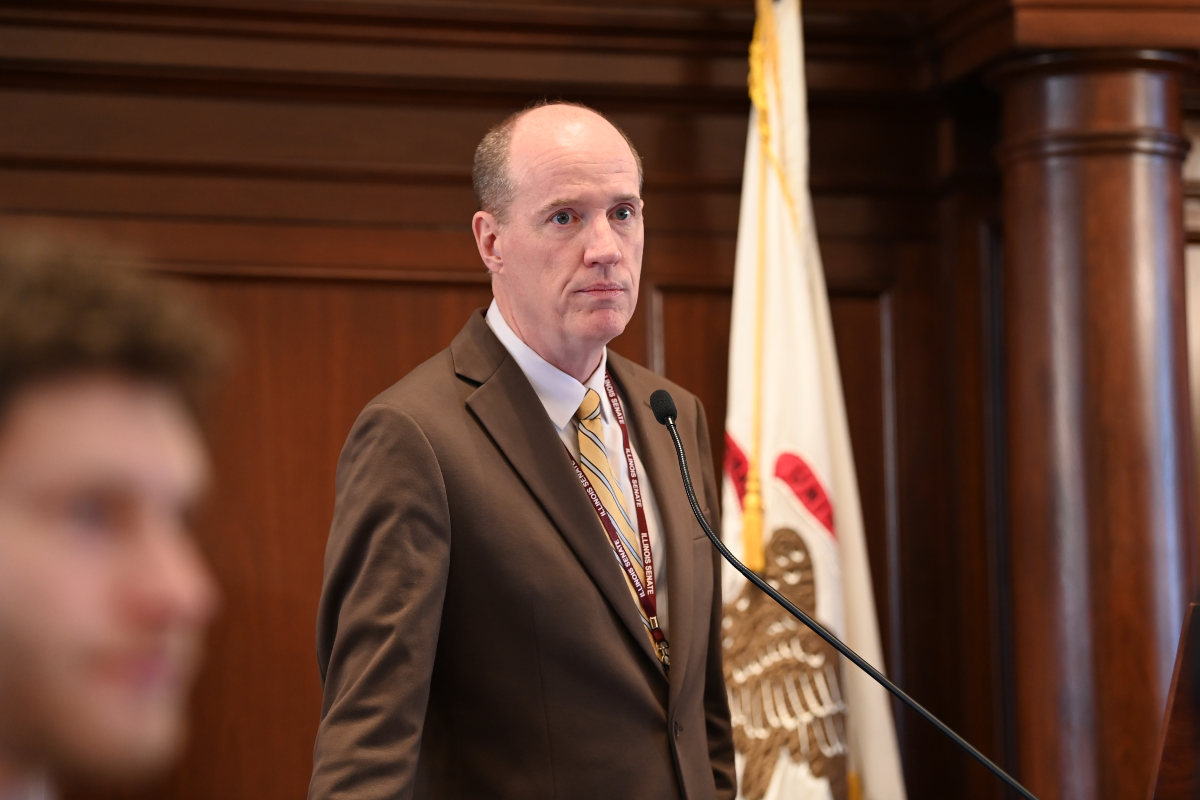 SPRINGFIELD – State Senator Bill Cunningham backed an energy relief package Thursday that is projected to save Illinois households more than $13 billion over the next two decades, marking a turning point in Illinois’ pursuit of a sustainable and renewable energy future.
SPRINGFIELD – State Senator Bill Cunningham backed an energy relief package Thursday that is projected to save Illinois households more than $13 billion over the next two decades, marking a turning point in Illinois’ pursuit of a sustainable and renewable energy future.
“Nationwide, we’ve seen electricity bills skyrocket this summer,” said Cunningham, a Democrat who represents portions of Chicago and the Southwest Suburbs. “Without meaningful relief, this trend will continue – leaving families and small businesses to foot the bill for a broken system.”
Read more: Landmark energy relief measure clears Senate with Cunningham support
Joyce-led proposal to save the Illinois horse racing industry passes Senate
- Details
 SPRINGFIELD – To give a boost to the horse racing industry and Illinois’ economy, State Senator Patrick Joyce passed a bill in the Senate that would, among multiple other items, allow for the development of new horse racing tracks in Illinois.
SPRINGFIELD – To give a boost to the horse racing industry and Illinois’ economy, State Senator Patrick Joyce passed a bill in the Senate that would, among multiple other items, allow for the development of new horse racing tracks in Illinois.
“Illinois used to be a powerhouse in horse racing and horse breeding,” said Joyce (D-Essex). “We are trying to advance the ball on an industry that employs thousands.”
House Bill 2724 would allow for the construction of a new harness track in Macon County. The bill would also set a deadline for the development of an additional harness race track and horse racetrack casino, or racino, in Cook County’s south suburbs.
Read more: Joyce-led proposal to save the Illinois horse racing industry passes Senate
Lake County Senators release joint statement on Warren Township High School incident
- Details
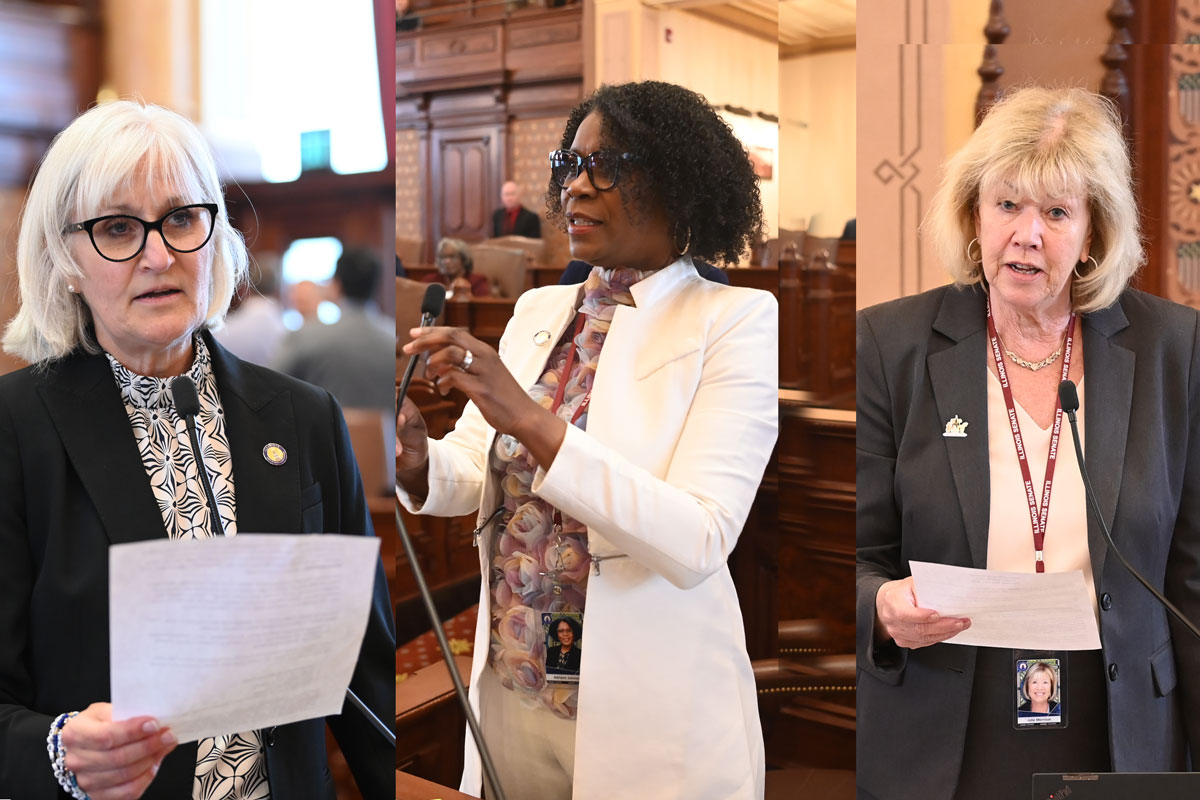 GURNEE — Lake County State Senators Mary Edly-Allen (D-Grayslake), Julie Morrison (D-Lake Forest) and Adriane Johnson (D-Buffalo Grove) released the following joint statement regarding a pursuit of individuals involving federal agents near Warren Township High School in Gurnee on Thursday:
GURNEE — Lake County State Senators Mary Edly-Allen (D-Grayslake), Julie Morrison (D-Lake Forest) and Adriane Johnson (D-Buffalo Grove) released the following joint statement regarding a pursuit of individuals involving federal agents near Warren Township High School in Gurnee on Thursday:
“Our community deserves safety, transparency and respect — not reckless behavior that endangers children and residents. Today’s event made it clear that federal agents were not taking residents’ safety into consideration, resulting in a reckless high-speed chase during a time when children were being dropped off at school.
“What is especially alarming is the way the situation was handled so close to a school. There is already anxiety and fear surrounding federal agents coming into our neighborhoods and taking our friends and neighbors with no due process, exceeding their lawful scope. No one should have to live their lives afraid of their safety and well-being.
Read more: Lake County Senators release joint statement on Warren Township High School incident
Senator Fine legislation addressing foster care liability coverage passes the Senate
- Details
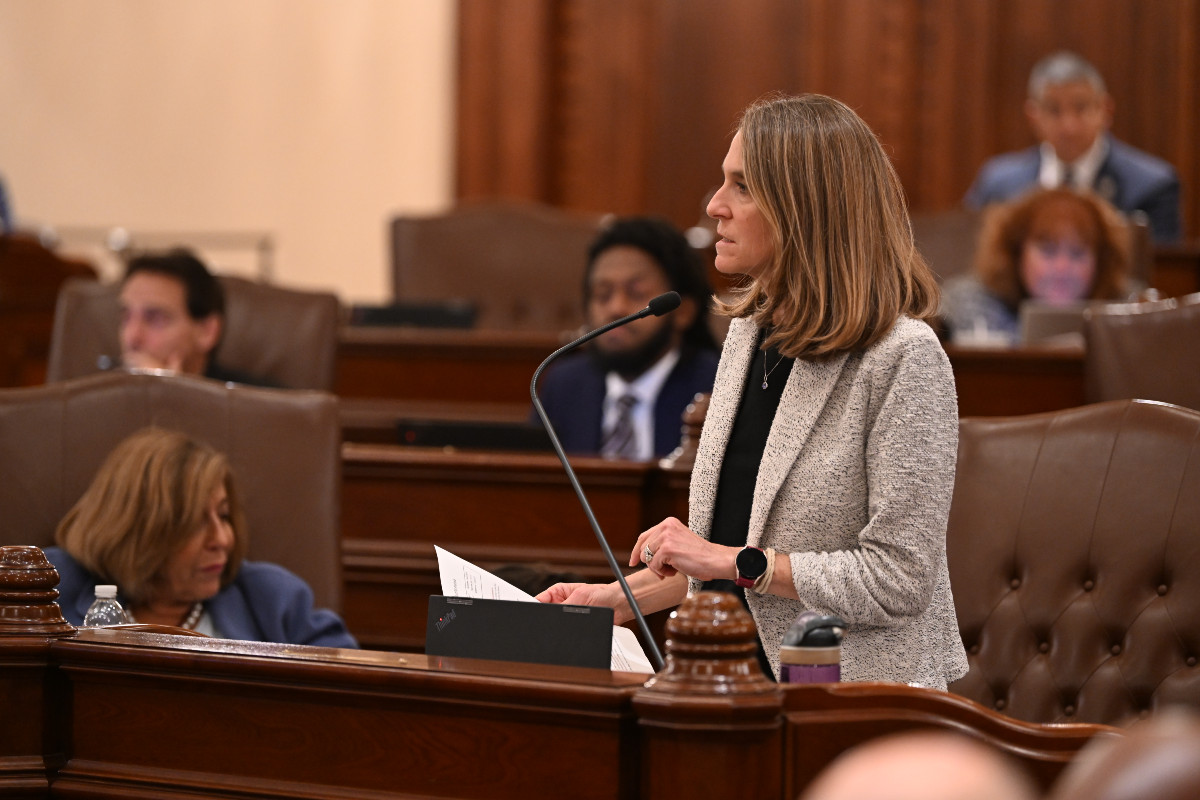 SPRINGFIELD – In order to protect community based foster care agencies from the increasing costs and the decreasing availability of liability insurance, State Senator Laura Fine passed legislation to analyze the current foster care liability insurance landscape in Illinois.
SPRINGFIELD – In order to protect community based foster care agencies from the increasing costs and the decreasing availability of liability insurance, State Senator Laura Fine passed legislation to analyze the current foster care liability insurance landscape in Illinois.
“Foster care and adoption services must maintain liability coverage to operate in the state,” said Fine (D-Glenview). “Without sustainable insurance options, these foster agencies are at risk of shutting down altogether.”
Read more: Senator Fine legislation addressing foster care liability coverage passes the Senate
More Articles …
Page 5 of 732



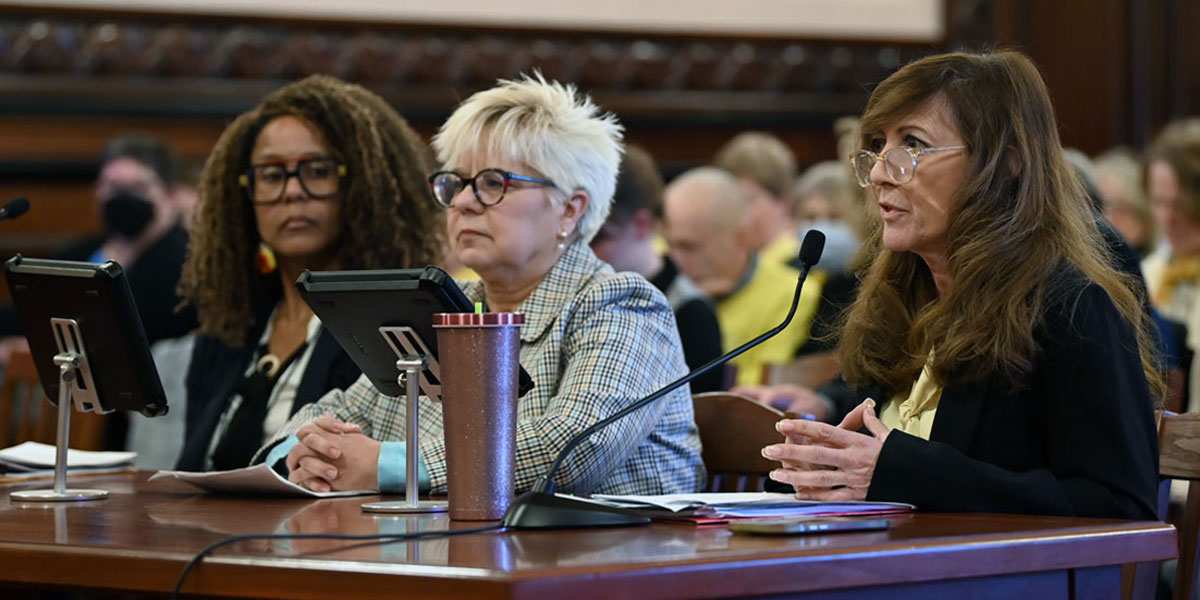
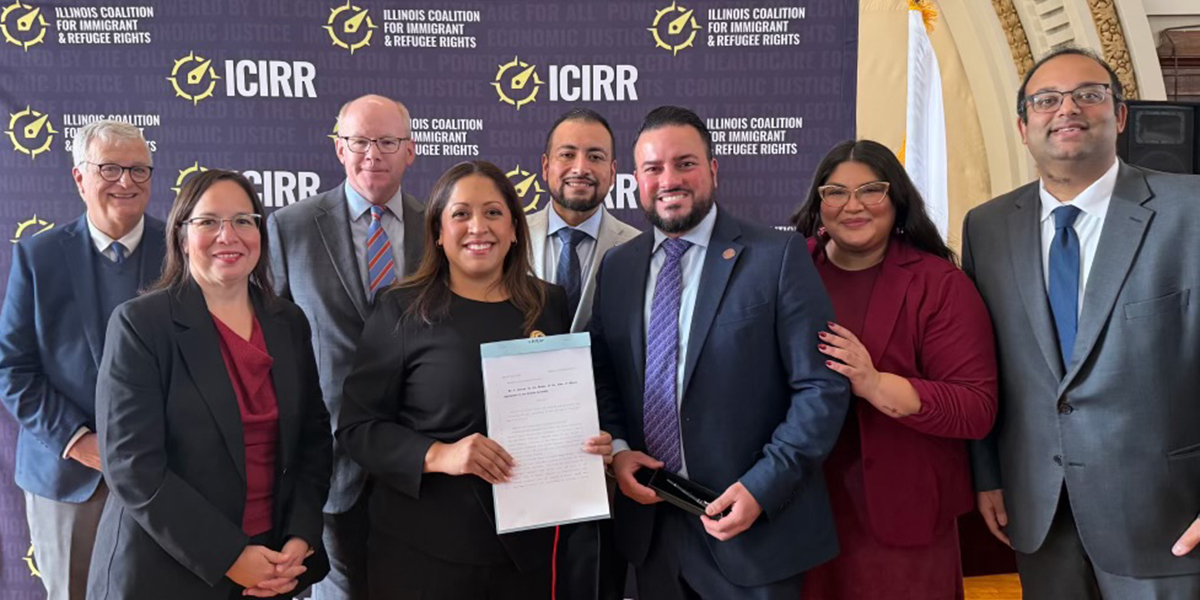
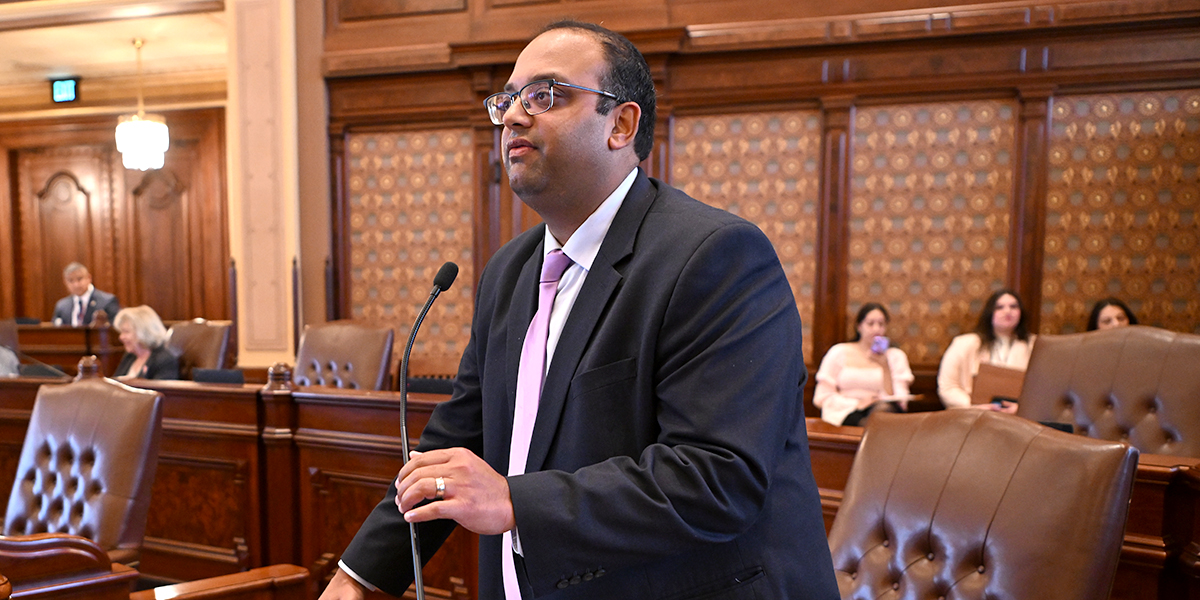


















 © 2026 Illinois Senate Democratic Caucus
© 2026 Illinois Senate Democratic Caucus